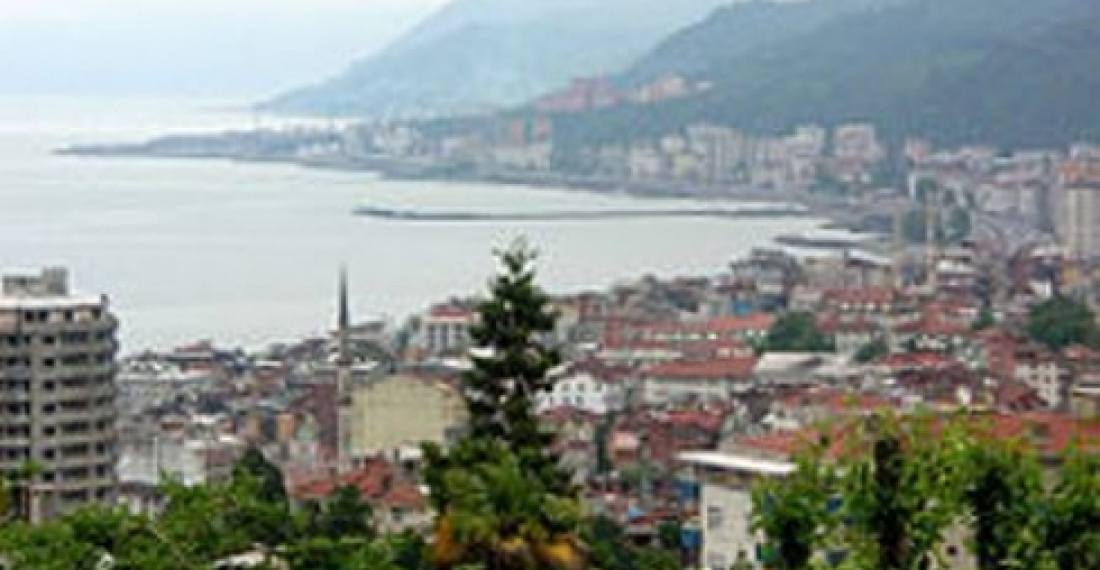A new cultural and political awakening amongst Armenians living in Turkey is taking a new twist with the news that historical communities of Islamised Armenians, who live on the Black Sea coast in northeastern Turkey, are getting ready to found a new political party.
The party’s founder, İsmet Şahin, is a former deputy candidate from Istanbul’s second region who ran on the ranks of the pro-Kurdish Peace and Democracy Party, or BDP, until he was left out of the candidate list. The new party’s name will be publicly announced following the general elections on June 12. Şahin also served in BDP’s ranks in previous elections.
“We will become a party that produces global solutions for societal problems and protects the general interests of all oppressed people. Our party will remain completely outside the left-right paradigm,” Şahin, who is a prominent member of the Hemşin community, told Hürriyet Daily News. Hemşin is a district of green hills 19 km inland from the Black Sea in the Turkish Province of Rize.
The Hemşin were originally Armenians who fled to the Pontus region along the eastern Black Sea as Arab troops occupied their homeland in 790. In 1480 the Ottomans conquered the area and in 1600 instituted the “devşirme,” in which suitable young boys were taken from Christian families to be educated. The Christians in the region often converted to Islam to get rid of the “devşirme” and other taxes that were applied to them.
Armenians are generally identified first and foremost by their adherence to the Armenian Gregorian Church. The number of those following this faith in modern Turkey are reported to between 40,000-70,000, concentrated mainly around Istanbul, where the Armenian Patriarchate of Constantinople has existed since 1461. This is what is left of a much larger population. Many Armenians died, and others emigrated, both in large numbers in the dying days of the Othoman Empire.
However over the centuries many thousands were assimilated and Islamised. Many today are now followers of the Alevi Community, often charcaterised as a branch of Shia Islam.
source: Commonspace.eu editorial team with additional reporting from Hurriyet Daily news
photo: Rize Province on Turkey's Black Sea Coast, a focal point for the Hemsin Community






